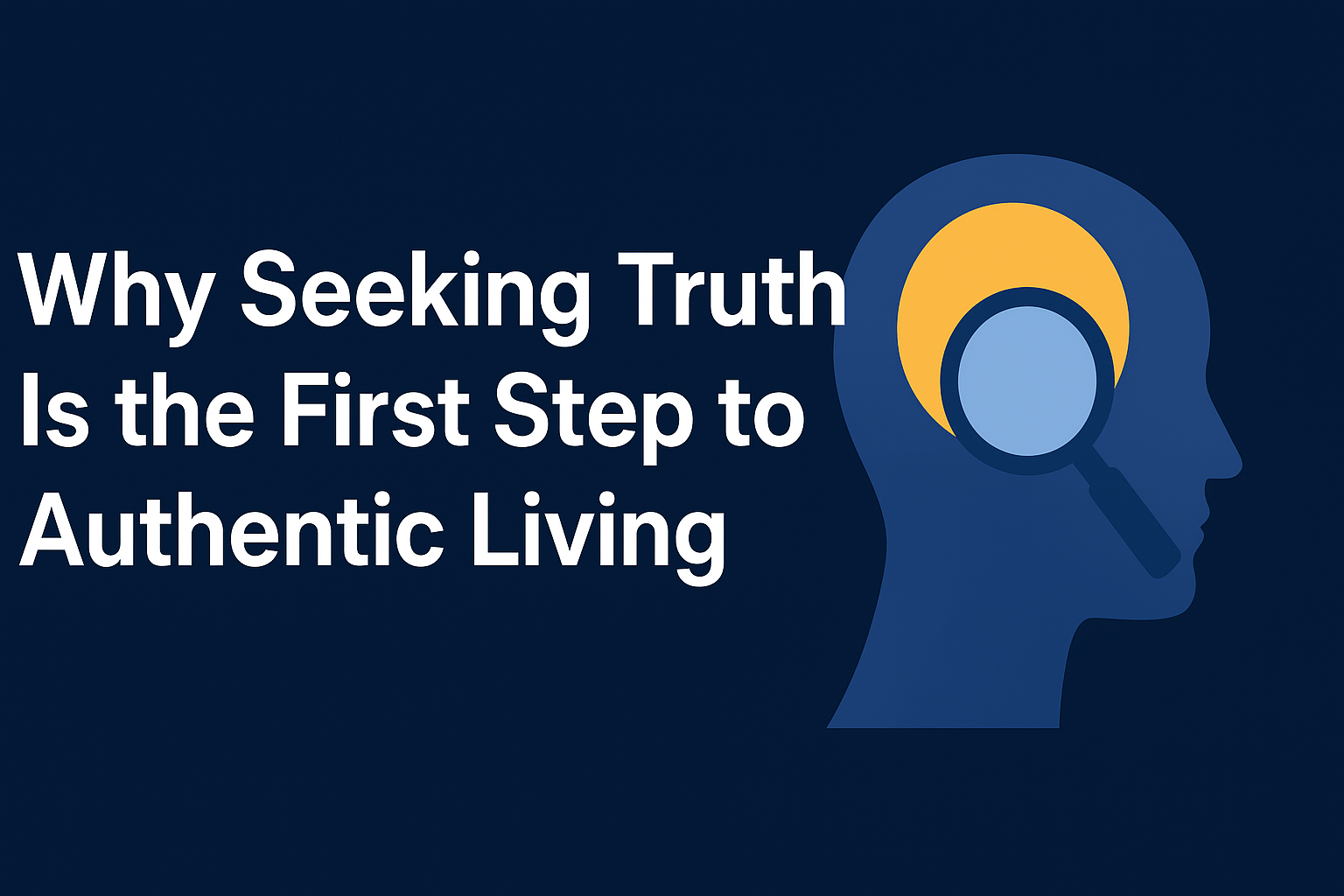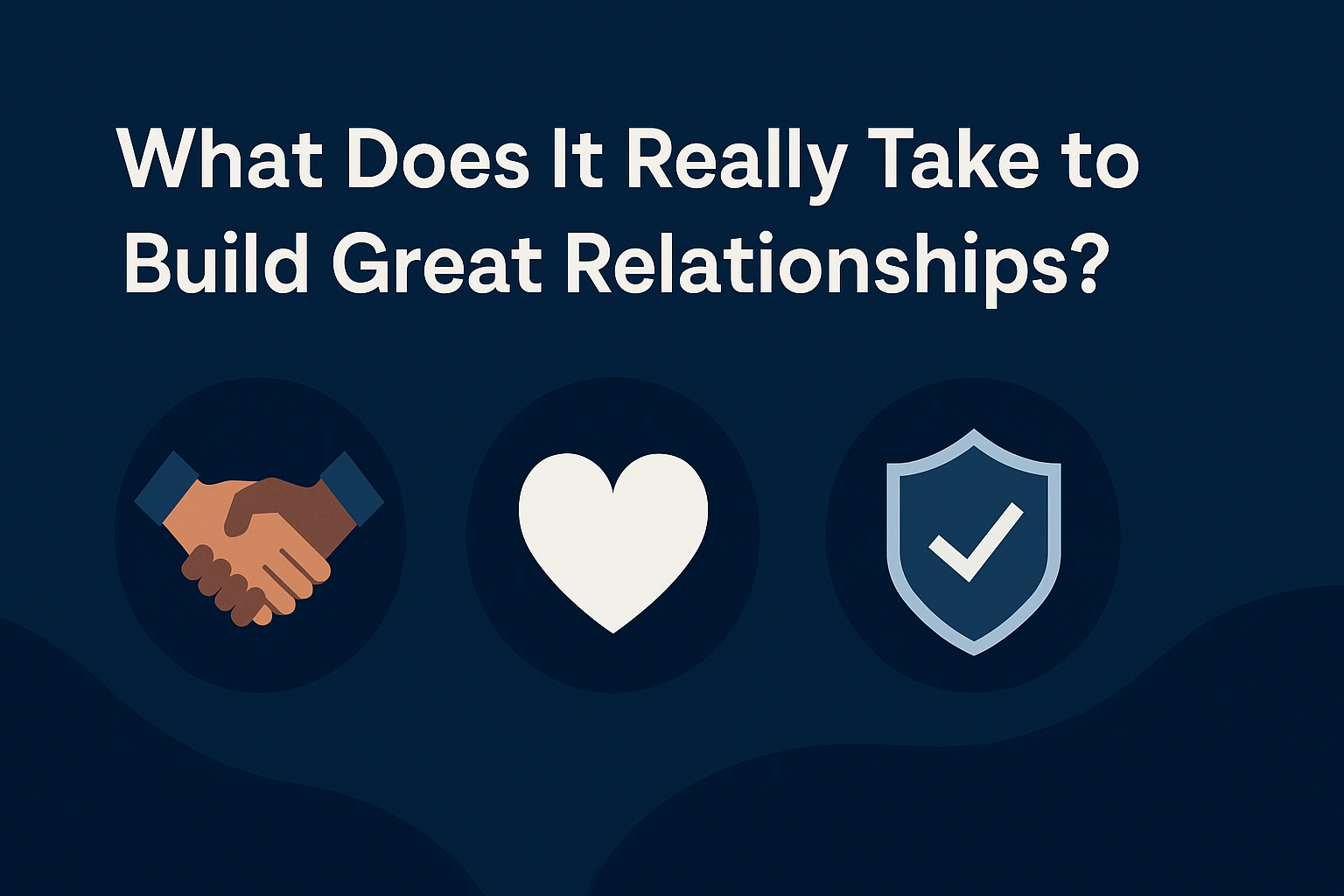Introduction
Have you ever noticed that great leaders don’t just give orders or provide all the answers? Instead, they ask powerful, thought-provoking questions that spark new ideas, challenge assumptions, and inspire action. The ability to ask great questions is one of the most underrated leadership skills. Whether you’re leading a team, starting a business, or just looking to improve your personal growth, learning how to ask the right questions can set you apart.
Let’s dive into how great leaders use questions to gain insight, build trust, and create impact—and how you can do the same.
The Power of Asking the Right Questions
Why Do Great Leaders Ask More Questions Than They Give Answers?
It’s a common misconception that leadership is about having all the answers. In reality, the best leaders know that their role is to guide others to think critically and find solutions themselves. By asking questions, they:
- Empower others to take ownership of their work.
- Gain deeper insights into problems and opportunities.
- Encourage innovation and creative problem-solving.
- Build trust and strengthen relationships.
Take Jeff Bezos, for example. His leadership at Amazon was fueled by his ability to ask, “What customer needs aren’t being met?” and “If we were starting from scratch, how would we approach this?” These questions challenged his team to think bigger and drive innovation.
How Questions Shape Leadership Styles
Your leadership style can be influenced by the types of questions you ask. Some leaders use questioning to be directive, while others take a more facilitative approach. Here’s how different leadership styles use questions:
- Visionary Leaders ask questions like, “Where do we want to be in five years?” to inspire and set direction.
- Servant Leaders focus on, “How can I support you better?” to empower and develop their teams.
- Strategic Leaders challenge assumptions with, “What if we did the opposite?” to drive innovation.
The Key Traits of a Great Question-Asking Leader
1. Active Listening Comes First
Before you can ask great questions, you need to listen—really listen. Great leaders don’t just wait for their turn to speak; they engage with what’s being said and ask follow-up questions based on what they hear.
2. Emotional Intelligence and Questioning
Questions aren’t just about gathering information; they’re also about understanding people. Great leaders use emotional intelligence to ask the right questions at the right time. They read the room, adjust their tone, and make sure their questions are constructive rather than confrontational.
3. Open-Ended vs. Closed Questions: When to Use Each
- Open-ended questions encourage deep thinking and discussion (e.g., “What do you think is the best solution?”)
- Closed-ended questions are useful for clarity and decision-making (e.g., “Did you complete the report?”)
Knowing when to use each type is key to effective leadership communication. The quality of your answer will depend on the quality of the question that is being asked.
The Framework for Asking Great Questions
1. The 5 Categories of Questions Every Leader Should Ask
Great leaders use different types of questions depending on the situation. Here are five essential categories:
- Clarifying Questions: “Can you explain that further?” (Ensures understanding.)
- Challenging Assumptions: “What if we looked at this from a different angle?” (Encourages fresh thinking.)
- Empowering Questions: “What do you think is the best solution?” (Builds confidence and leadership in others.)
- Future-Focused Questions: “Where do we want to be in a year?” (Encourages long-term thinking.)
- Self-Reflection Questions: “What could I do better as a leader?” (Shows humility and a growth mindset.)
2. The TED Questioning Model (Tell, Explain, Describe)
The TED Model is a simple way to ensure your questions encourage deeper thinking:
- Tell me more about…
- Explain why you think that…
- Describe how we could improve this…
Using this model makes conversations more meaningful and less surface-level.
3. The Right Way to Follow Up on Answers
Asking great questions isn’t enough—you need to show that you value the answers. Ways to do this include:
- Paraphrasing responses to show you understand.
- Asking follow-up questions to dig deeper.
- Taking action based on what you learn.
If people feel their input is ignored, they’ll stop engaging. Great leaders ensure that their questions lead to meaningful change.
Common Mistakes to Avoid When Asking Leadership Questions
1. Leading Questions That Manipulate Responses
A bad question can be just as harmful as no question at all. Avoid questions that push people toward a specific answer, such as:
- Bad: “Don’t you think this is the best option?”
- Better: “What do you think is the best option?”
2. Asking Too Many Questions at Once
Bombarding someone with questions can be overwhelming. Instead, ask one question at a time and give them space to think. The goal of each discussion should be innovation, resolution, or growth.
3. Failing to Act on the Answers Given
If you ask for feedback or input but never act on it, people will stop contributing. Great leaders use the information they gather to make better decisions and create a culture of trust.
How to Practice and Improve Your Leadership Questioning Skills
1. Role-Playing Exercises
Practice asking better questions in leadership or coaching scenarios. Role-playing with peers can help refine your approach.
2. Journaling Key Reflections
Write down questions you asked throughout the day and analyze their impact. Were they open-ended? Did they lead to productive discussions?
3. Seeking Feedback from Mentors and Team Members
Ask trusted colleagues, “Do I ask good questions? How can I improve?” Their insights can help you refine your questioning style.
Conclusion
Great leaders don’t lead by having all the answers—they lead by asking the right questions. Whether you want to inspire innovation, strengthen relationships, or make better decisions, mastering the art of questioning will elevate your leadership skills.
Start today by asking three intentional, thought-provoking questions in your next conversation. You might be surprised by the insights you gain!
References
- Carnegie, Dale. How to Win Friends and Influence People. Simon & Schuster, 1936.
- Goleman, Daniel. Emotional Intelligence: Why It Can Matter More Than IQ. Bantam Books, 1995.
- Schein, Edgar H. Humble Inquiry: The Gentle Art of Asking Instead of Telling. Berrett-Koehler Publishers, 2013.





